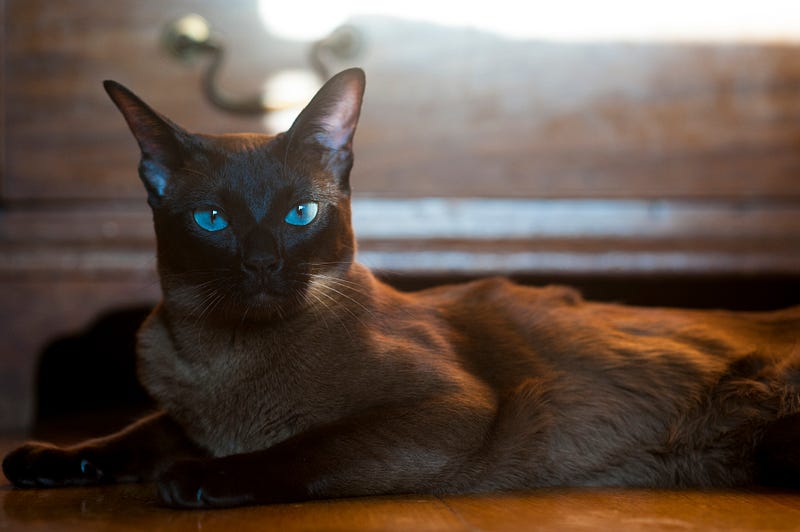Exploring the Lifespan of Cats: Which Breeds Live the Longest?
Written on
Chapter 1: Understanding Feline Longevity
Are you thinking about adopting or purchasing a cat? It's essential to understand the lifespan associated with different cat breeds. Research indicates that knowing this information can assist pet owners in making informed decisions about their care and treatment.

Animal shelter advocates often remind us that pets are not mere playthings. Choosing to bring a pet into your life is an adventure that also comes with significant responsibilities. Before making this commitment, it's crucial to gather ample information about the specific cat and its breed.
While we have insights into which dog breeds tend to live longer, what do studies reveal about cats? The disparities among various breeds can be significant.
Section 1.1: Which Cat Breeds Are the Longest-Lived?
According to Dan O’Neill from the Royal Veterinary College in the UK, there has been considerably less scientific focus on cats compared to dogs. It has been challenging to determine which cat breeds are likely to have longer lifespans. To investigate this, O’Neill and his team analyzed data from 7,936 cats that passed away between 2019 and 2021, all sourced from the UK.
The research led to establishing an average lifespan for cats, which is slightly over 11.7 years. The findings revealed that female cats typically live longer (averaging 12.5 years) compared to males, who average 11.2 years. Delving deeper into the data, researchers discovered that mixed-breed cats generally have a longer lifespan (11.9 years) than purebreds, which average around 10.4 years.

Subsection 1.1.1: The Breeds with Shorter Lifespans
What do these findings mean for specific cat breeds? The data collected showed that there were at least 15 recorded deaths for twelve breeds, including mixed breeds. This allowed researchers to conclude that Burmese cats have the longest lifespan, averaging 14.4 years. In contrast, Bengal and Sphynx cats tend to have shorter lifespans, with averages of 8.5 years and 6.7 years, respectively.

The insights from this research aim to assist cat owners in making informed decisions regarding their pets' health. Scientists have developed tables outlining the average lifespans of various breeds. For instance, if your cat is around 11 or 12 years old and expected to live for just another year, it might not be advisable to consider invasive treatments, as O’Neill suggests.
It's worth noting that, unlike dogs, cats do not exhibit as much variation in appearance, which suggests that size may not be a determining factor in their lifespans.
Chapter 2: Insights from Research on Feline Lifespan
In the first video, "Top 10 Cat Breeds that Live the Longest," you can explore which breeds are recognized for their longevity and the factors contributing to their extended lifespans.
The second video, "This Cat Lived to 38 Years! Here Is What Their Owner Did," shares an incredible story of a cat that lived an astonishing 38 years, highlighting the owner's role in achieving this remarkable lifespan.
Dear Readers
I want to bring attention to a concern that many content creators face on platforms like Medium.com. Despite dedicating significant effort to produce meaningful content, the compensation often falls short. If you appreciate my articles, please consider supporting my work through my "Buy Me a Coffee" page. Your contributions, no matter how small, can inspire me to keep creating engaging and thought-provoking content. Thank you for being part of this journey!

